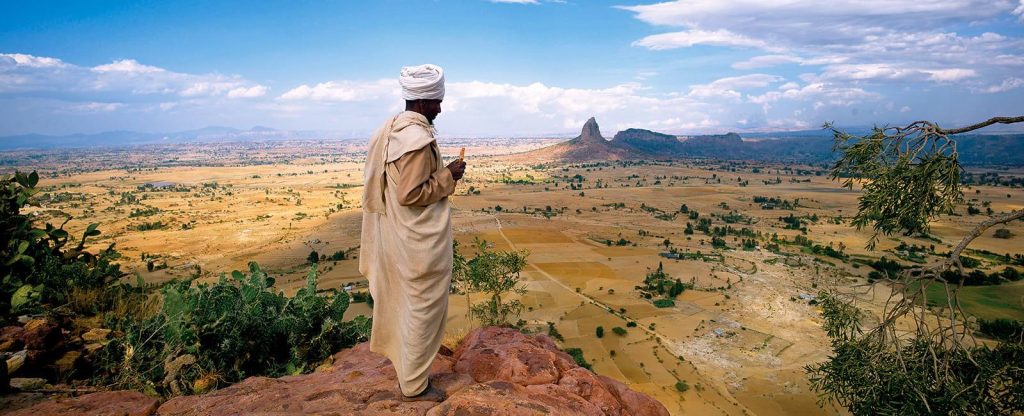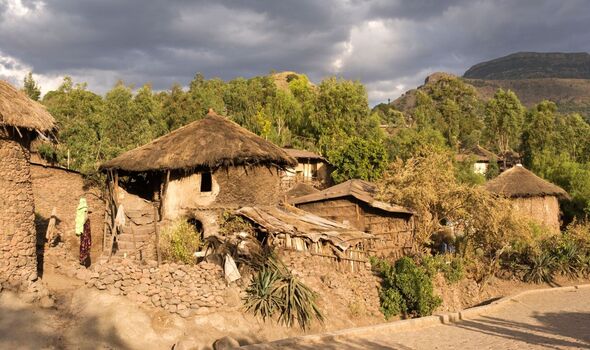On September 11, Ethiopians will celebrate the end of one year and the beginning of another. However, when the East African country rings in its New Year, it will technically be 2017 according to the Ethiopian calendar. This unique dating system places Ethiopia seven to eight years “behind” much of the rest of the world, rooted in traditions that date back centuries and a strong national identity.
The Ethiopian Calendar
The Ethiopian calendar differs from the widely-used Gregorian calendar introduced by Pope Gregory XIII in 1582. The Ethiopian Orthodox Church continues to follow an ancient calculation of Jesus Christ’s birth year, recognized as seven or eight years later than the Gregorian calendar. This system has been in place for about 1,500 years, sharing similarities with the Coptic calendar of the Coptic Orthodox Church of Alexandria in Egypt.
The calendar follows a solar-lunar system with 13 months, 12 of which are 30 days long, and a final month consisting of five days, or six days during a leap year.

Dual Calendars and Time Systems
Living in an interconnected world, Ethiopians often juggle between the traditional Ethiopian calendar and the Gregorian calendar used by international businesses and schools in the country. This dual usage can lead to confusion, particularly in bureaucratic processes like applying for birth certificates, where date conversion is necessary.
In addition to the different calendar, Ethiopia also uses its own 12-hour clock system running from dawn to dusk, starting at 1 a.m. This system reflects the consistent daylight hours due to Ethiopia’s proximity to the Equator. Travelers and even locals sometimes find this time system challenging, leading to frequent clarifications to avoid misunderstandings.
Cultural Significance
The Ethiopian New Year, Enkutatash, translates to “gift of jewels” and arrives at the end of the rainy season when the Adey Abeba flower blooms, symbolizing a fresh start. This timing contrasts with the Gregorian New Year on January 1, which falls during Ethiopia’s dry season, making the Ethiopian calendar feel more logical to its users.
Adaptation and Future Prospects
Ethiopians living in urban areas may find it easier to switch between calendars compared to those in rural areas. With increasing connectivity and smartphone usage among rural populations, it will be interesting to observe if this influences the adoption of different time systems.
The Ethiopian calendar is not alone in its divergence from the Gregorian calendar. The ancient Egyptian calendar, the Hijri calendar in Saudi Arabia, and the Hebrew calendar in Israel all represent alternative methods of tracking time, emphasizing cultural significance over practicality.
For Ethiopia, the traditional calendar is a reflection of its rich history and cultural identity. While the globalized world often demands uniformity for convenience, many Ethiopians, like photographer Abel Gashaw, appreciate the unique logic and cultural resonance of their calendar.
Conclusion
Ethiopia’s adherence to its ancient calendar underscores a broader theme of cultural preservation amidst globalization. As the country continues to balance its historical practices with modern influences, the Ethiopian calendar stands as a testament to its enduring heritage.





